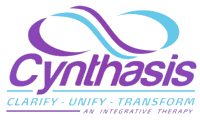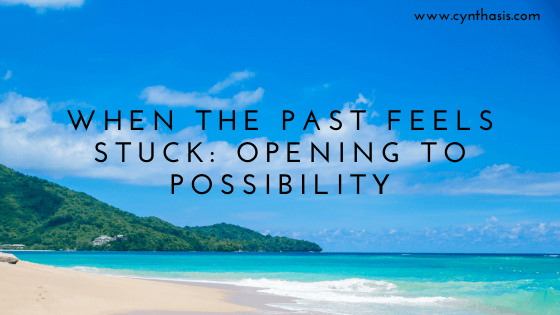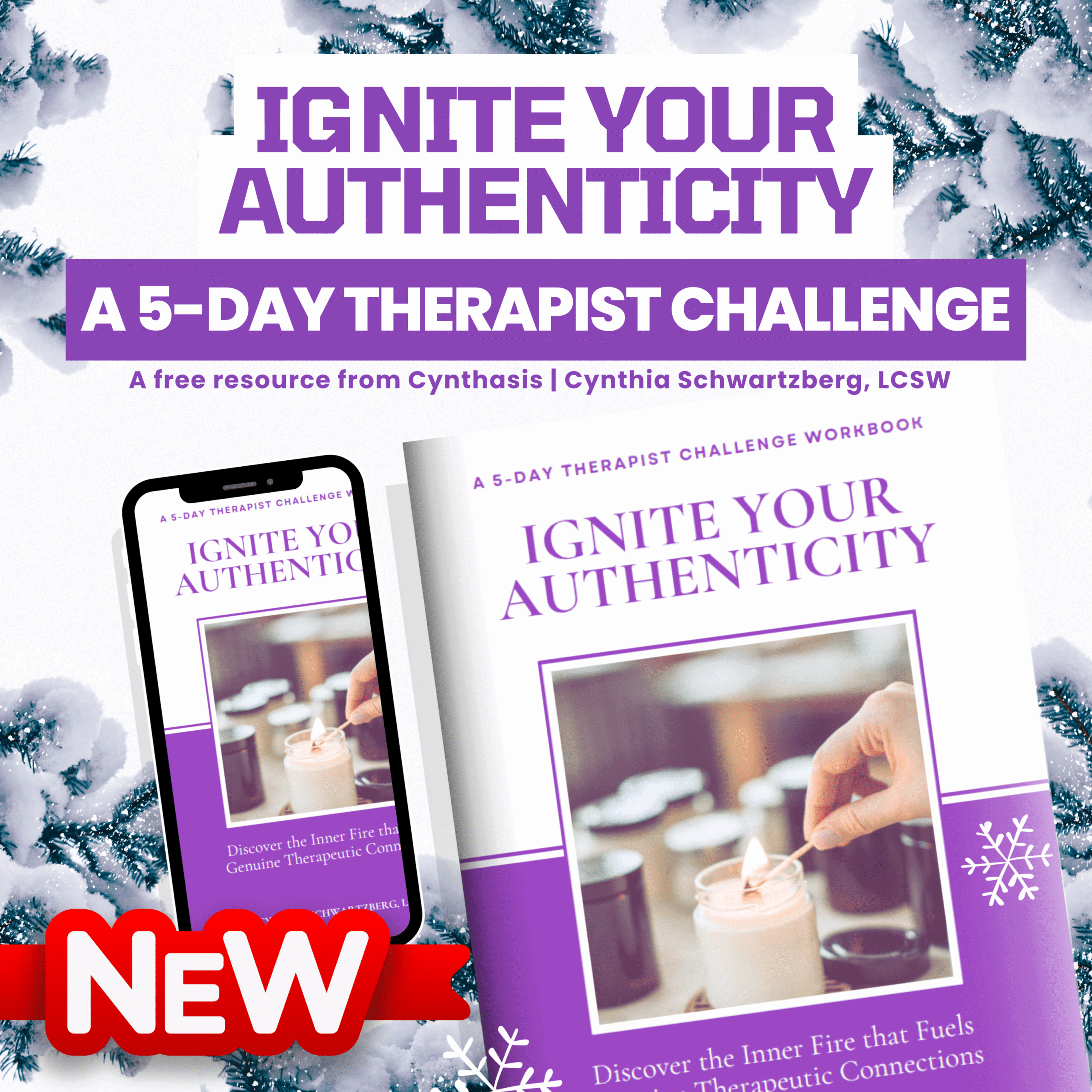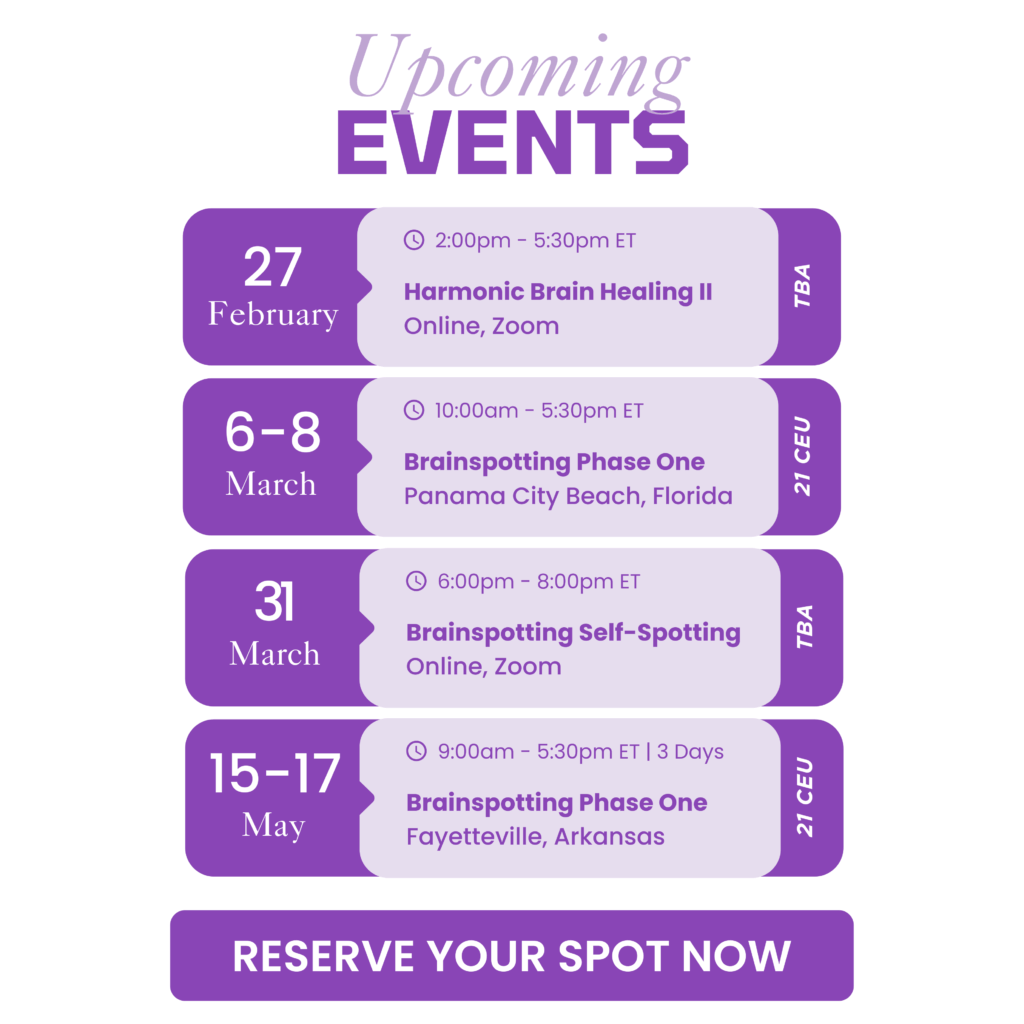Deepening Intimacy with Community
“Communication leads to community, that is, to understanding, intimacy and mutual valuing.” – Rollo May
In my previous two articles, we looked at intimacy with self and in relation to another. We now turn to our relationship with the community.
What is Community?
Community is mainly defined as a group of people gathered together for a common purpose, concern, interest or identity. We are all in various communities in our lives, from the enormity of the universe to the intimacy of our families. In between, we may have work communities as well as town, school, and religious communities, to name a few.
But how do we show up in these, and how can we enhance our consciousness around showing up to feel more authentic and more connected?
The short self-assessment below will help you gauge your level of intimacy within your various communities. Take a moment to reflect on how you’re “showing up” in your groups:
Answer the following questions with a number from 0 (not at all) to 10 (totally)
I feel connected to my neighborhood _____
I feel connected to the social groups or clubs I am a member of_____
I feel connected to my family_________
I feel connected to my friends or work acquaintances_____
• Community Engagement
Community engagement can take many forms, from simply living in a neighborhood to running for local office. There are many forms of involvement in between and, whether or not you realize it, you likely interact with your community in some way every single day.
• Living in Community
There are ample opportunities to give and receive from one another. This process expands our sense of connection. The more connected we are the healthier we are. Belonging to a group or community gives us a sense of identity. This health/happiness is contagious.
Psychologist, Dr. James Fowler studied the effects of happiness on others and states: “We found a statistical relationship not just between your happiness and your friends’ happiness, but between your happiness and your friends’ friends’ friends’ happiness.”
Pretty amazing, isn’t it?!
Is It Easier To Give or Receive?
Being part of a community means being able to give and receive. Both are needed for the evolution of community – and if you find yourself consistently swinging too far to either side of the pendulum, your relationships may suffer.
Ask yourself: am I a giver or a receiver? Can I play both roles? Some of us naturally find one easier to do than the other.
You may want to spend time this week focusing on whichever of the two is harder and challenge yourself to stretch into being more a giver or receiver.
Commitment and Involvement
As a “giver” or a “receiver,” you may already have a natural rhythm within your community. Do you know what your rhythm is when you’re becoming involved with new ventures or new people?
We all have a natural rhythm for when we need to be with others and when we need to be alone. It is like the breath of life, the flow of the ocean; we have expansion, we have contraction and we have stasis. When we can connect to our personal pattern and honor it, we have more to give. We feel in the flow.
Can you find a balance so that you feel good about your engagement, supportive and open to the tasks you are given, and receptive to the people you are engaged with? What might you need to reassess if your answer is no?
If you are reassessing, think about your values and priorities. It is a good place to start to see what you need and what is best for all parties involved.
I know for myself over the years, I have been so involved with my communities it started to take precedence over family activities. I had to reassess my priorities and values so that I could give to others and myself with more balance.
Communication
Communication is key to getting involved and supporting the integrity of a community.
Think back on the article on Intimacy with Others. How are you listening within your community? Do you seek to understand before you are understood? Do you think about what is best for the greater good? Do you gossip and collude with others against anyone in the group?
Growing up, it seemed customary to talk about other people. It seemed like that’s how people related. No one seemed to talk about themselves. I feel like I knew very little about who the people in my family were. I could, however, tell you about what they thought of someone else.
Writing this, I realize that feels unbalanced and cruel. It did not create safety. Getting more intimate with groups, I can now bring the awareness of not giving my opinion unless I am asked for it and I can share of myself.
In my experience, the more we take the focus off of looking at the right and wrong about others and put it on ourselves, the closer we feel to others and the stronger our community can be.
During my years as a clinician, I have learned that creating group safety is key to the success of the group/community. Some areas to be mindful of include: honoring the members’ privacy, having no gossip, collusion, or triangulating and treating all members equally. It also includes telling the truth, admitting mistakes, supporting the skills of each participant and allowing the group to make decisions.
We all need to be heard and understood.
Leadership
As you grow in your community connectedness, it is often natural to expand your involvement by entering into a leadership role. There are several qualities that may help you feel more connected to your community as a leader, and I’m going to go over the ones I feel are most vital: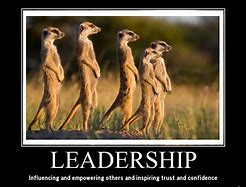
• Qualities of a leader. A good leader should be loving, impartial, objective, know limitations and work with them, risk exposure and criticism, and be able to move through frustration.
• Leadership Rating Scale. How would you rate yourself as a leader in the community you participate in? Ask yourself the following questions and remember – honest self-reflection is key!
o How do you take on leadership for the group?
o How do you show up as a follower or leader? What strength do you have in each role?
o What activities define you as being loyal? Active? As being a role model?
o How much are you willing to see the grain of truth in what you are told about yourself as a community member? And, as a leader?
o What percent of you is looking for the group to define you? What percent of you is looking for the group to accept you?
o How do you set boundaries?
For many, the ultimate leader is God, Higher Power, Inner Spirit, and more.
Self-Reflection on Community
I’m going to end with Margaret Wheatley’s 12 principles on creating community. They’re a great all-around definition on what “community” entails and what it means to be a part of one:
1. People support what they create. How are you co-creating in the communities you are in? Write a list of four communities you are in and how you are involved. i.e. I work in Buckhead. I am not involved in the community but recently walked my dog there and felt glad to pay taxes, which contribute to the lovely park by my office. Giving a class on Intimacy is a way of co-creating community with others.
2. People act most responsibly when they care—What do you care about? List three areas of your life you are involved in and care about by at least a 5 out of 10. i.e, Work, Family, Relationship. How do you give to each?
3. Conversation is the way that humans always thought together. How do you speak with community members? What conversations within your community have you been a part of lately?
4. To change the conversation, change who is in the conversation. How have you been participating in conversations that have not lifted your spirit? How can you change whom you are speaking with?
“If you are talking about ending a war and you can’t contemplate sitting down with the enemy, you will not end the war, no matter how much your policy has shifted. Once you shift the composition of the group, you can shift the status and power as well.”
5. Expect leadership to come from anywhere. Start to listen to those around you. Get to know what they have to contribute.
6. Focus on what’s working; ask what’s possible, not what’s wrong.
7. Wisdom resides within us. What would happen if you thought of everyone as a voice of wisdom that needed to be heard?
8. Everything is a failure in the middle, change occurs in cycles.
9. Learning is the only way we become smarter about what we do. How are you educating yourself within your community? Does your community support your growth?
10. Meaningful work is a powerful human motivator. What motivates you?
11. Humans can handle anything as long as we’re together. I think about this when I have been in New York City during major times of crisis like a blackout or 9/11.
12. Generosity, forgiveness, and love.
Do you need help building your personal community, or defining your role in it? Reach out today for a free phone consultation and find out how I might help.
All content found published by Cynthasis, LLC including: text, images, audio, or other formats were created for informational purposes only. The Content is not intended to be a substitute for medical or psychiatric advice, diagnosis, or treatment. Always seek the advice of a licensed practitioner or other qualified health provider with any questions you may have regarding a medical or psychiatric condition. Never disregard professional medical and psychiatric advice or delay in seeking it because of something you have read on this Website.
If you think you may have a medical emergency, call your doctor, go to the emergency department, or call 911 immediately.
Reliance on any information provided by Cynthasis, Cynthasis employees, contracted experts, or medical and psychiatric professionals presenting content for publication to Cynthasis is solely at your own risk. By consuming and implementing any content created by Cynthasis, you acknowledge that you are not entering a therapeutic nor medical relationship with any expert.
